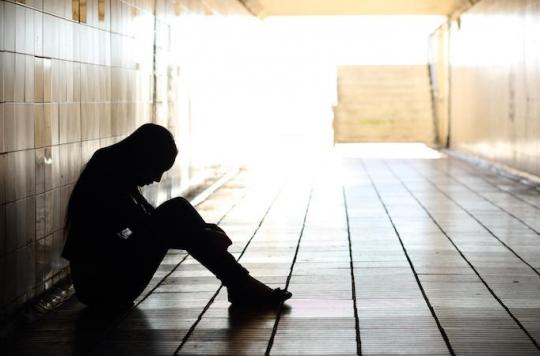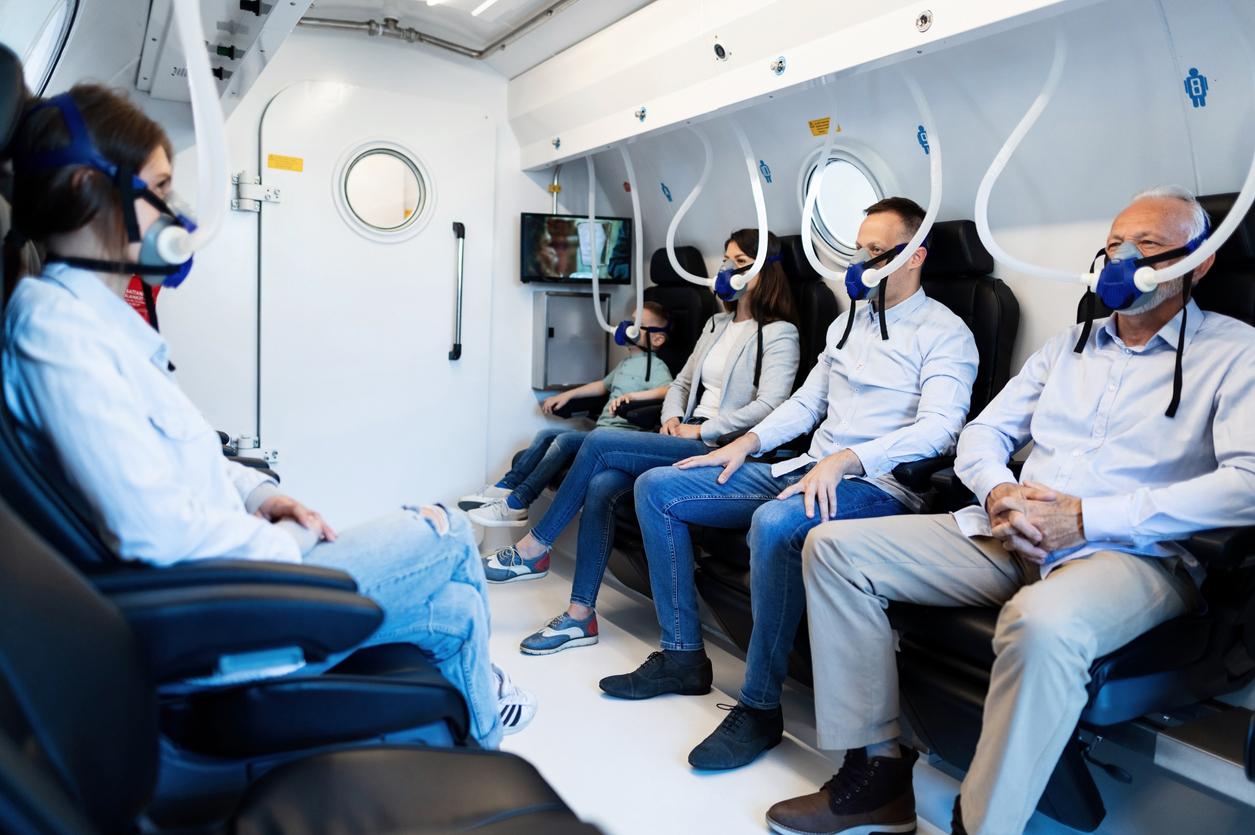We hear a lot about him right now. Between the concern of the wives of soldiers who question the government, and the stories of victims of sexual assault, he is at the center of many conversations. But what is post-traumatic stress?

Six hundred thousand French people are victims, each year, of the psychological consequences of a stressful event. With serious consequences which could nevertheless be avoided.
What is the difference between the survivor of a tsunami, the miracle victim of a big ski fall and a grandmother who has had her bag held up on a street corner? A new disease that medicine calls “PTSD *”, an acronym of Anglo-Saxon origin which defines the consequences of post-traumatic stress, in short, everything that stems from the encounter with the immediacy of one’s own death.
A public health problem
For Professor Philippe Courtet (Montpellier), this is an unsuspected public health problem due to poor screening, care that is still in its infancy and a lack of awareness of the consequences that result from it. A terrible finding, especially since those who should benefit from this screening are not only the obvious victims of disasters, but also all those who, rightly or wrongly, have felt threatened, whether by the disease, nature or society.
3 risky situations
Professor Louis Jehel (Paris), president of the French society of psycho-traumatology, defines three situations which do not have the same consequences in terms of the development of PTSD: 10 to 20% risk in the event of a natural disaster, 20 to 40% for those said to be of human origin, such as road accidents, and 80% or even 100% for serious sexual assaults or hostage-taking. A frequency that would require systematic identification, from the reception in the emergency room, with the search for a simple and constant sign: the disconnection of thought, in particular an inability to really feel the injury …
An underdiagnosed syndrome
For lack of psychiatrists, this examination, which could be delegated to the nurses, is most of the time not carried out. It is estimated that 1% of French people are confronted each year with this problem, against 4% in the United States. Not only because detection is better, but because traumatic situations (firearms, state of war and urban violence in particular) are more frequent there. Moreover, the figures vary little from one country to another. Today we praise the phlegm of the Japanese. It is real in the attitude but almost ineffective on the consequences of stress.
If no treatment is instituted, PTSD manifests itself rapidly, after a few weeks, with three types of symptoms: nightmares with repetition of the accident, pseudo-depressive manifestations, in particular the avoidance of the subject, and finally, vigilance or unusual distrust.
Important consequences
Long-term consequences are, wrongly, rarely attached to the accident. However, we know that this is the case with many depressions, taking narcotics, or resistance to pain medication. It is estimated, for example, that 80% of large drug intake is the consequence of this type of accident. François Ducrocq, head of psychiatric emergencies at the Lille hospital center, insists on very recent data showing that the risk of suicide is multiplied by 6. Now, we must look for the previous trauma in many unexplained suffering.
Acting from the first hours is simple and effective. Less with drugs than with techniques centered on psychological trauma and which call for re-exposure to memory and psychological work on the traumatic event. You have to put words on the images… It is the only method that has really proven its effectiveness. Unfortunately, in France, less than one in two traumatized people meet a doctor who can take effective measures.
* PTSD: Post-Traumatic Stress Syndrome
.















